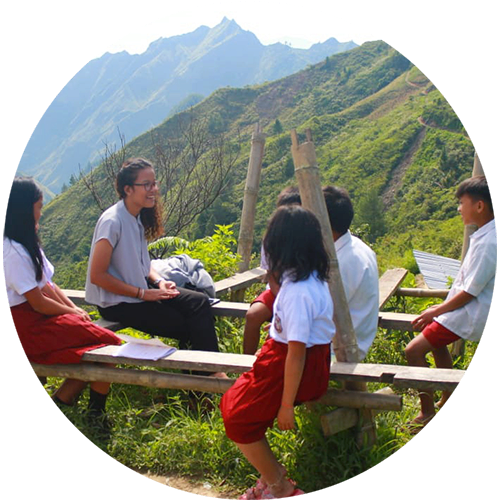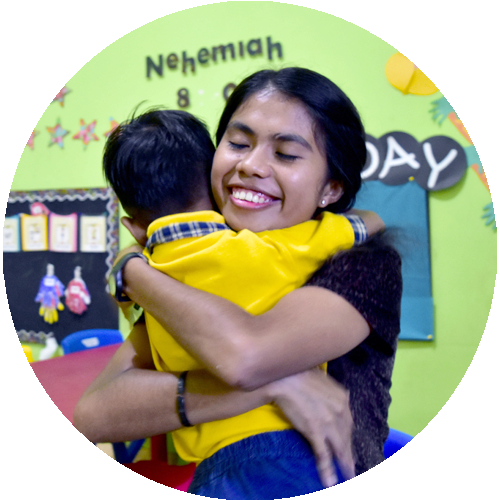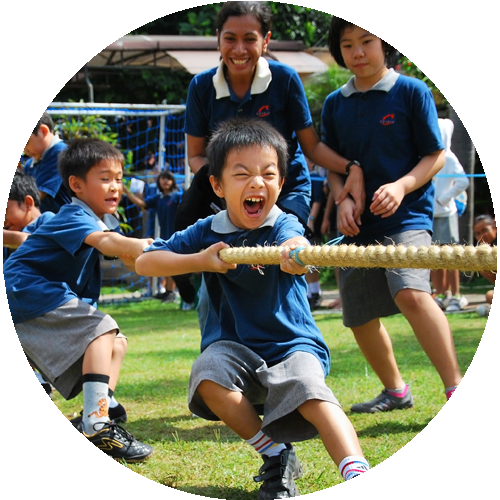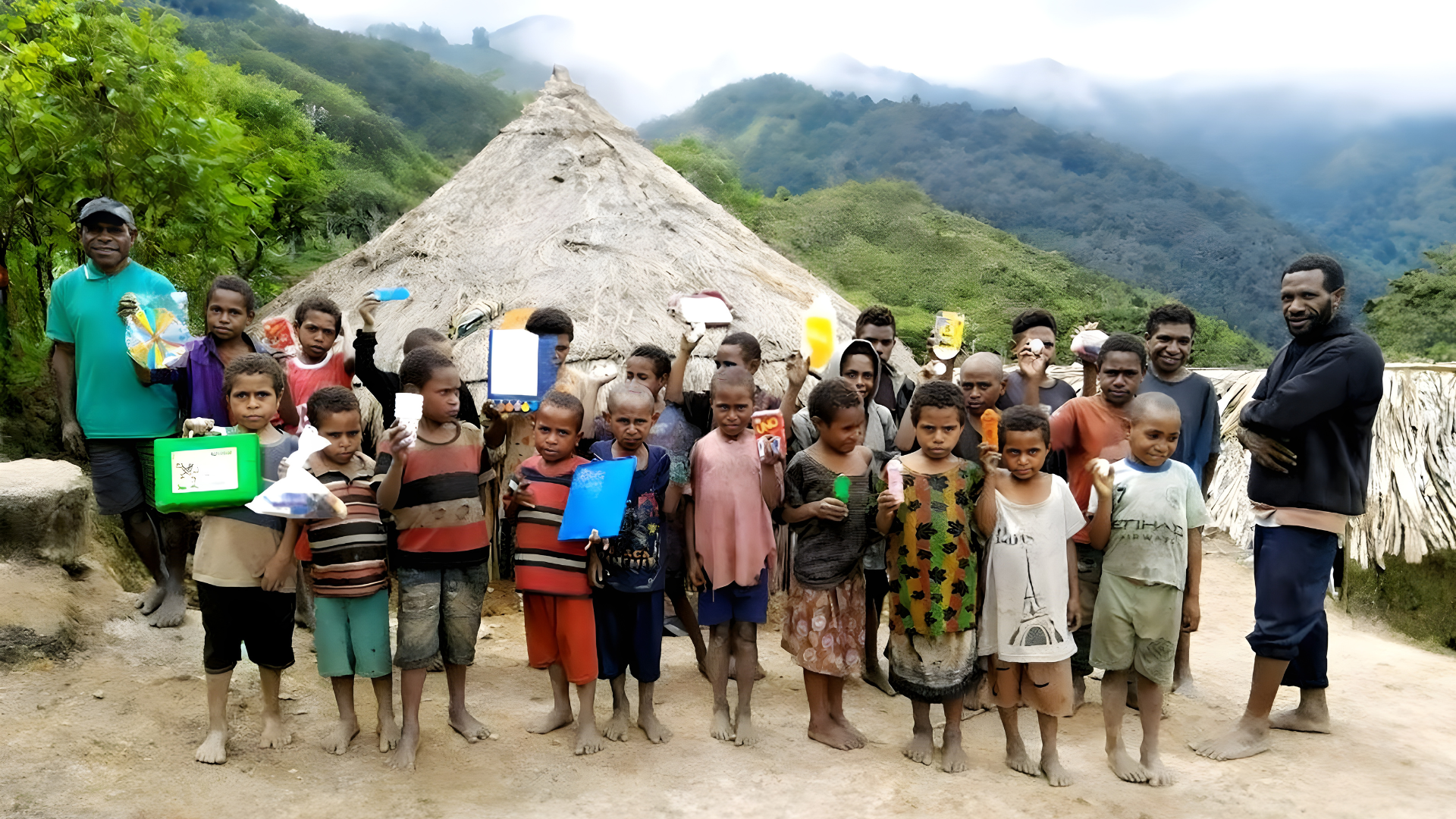June 30, 2025
Three Testimonies through the TransformNation Journey. Xavier, Juanita, and Putra share how God transformed their lives that show the impact of love and support.

We plant seeds of hope in the hearts of children because we believe that life-giving education can change the future of Indonesia.

We love because God first loved us. It is this love that compels us to go into remote areas to start schools, care for orphans and serve those in need.

We believe in the importance of local leadership. We train and equip local youth with the necessary tools to help their society flourish.
because of the work god is doing through msi, generations are empowered and communities thrive through a holistic model of transformative christian education.

In remote villages of Indonesia, small children walk for hours to reach the nearest school, with no guarantee that a teacher will be present. The 2025 Go the Distance Challenge raises funds to connect underprivileged and marginalized children in Indonesia with life-changing education. All funds raised will be used to help provide scholarships for underprivileged children, build more classrooms, and send teachers to remote islands.
This summer, a Mustard Seed team from North America is visiting Indonesia to witness the work on the field and meet teachers, students, and communities impacted by your generosity.
Join us in the Go the Distance Challenge to help provide scholarships for children in need, send Christ-centered educators, and build classrooms in remote areas.